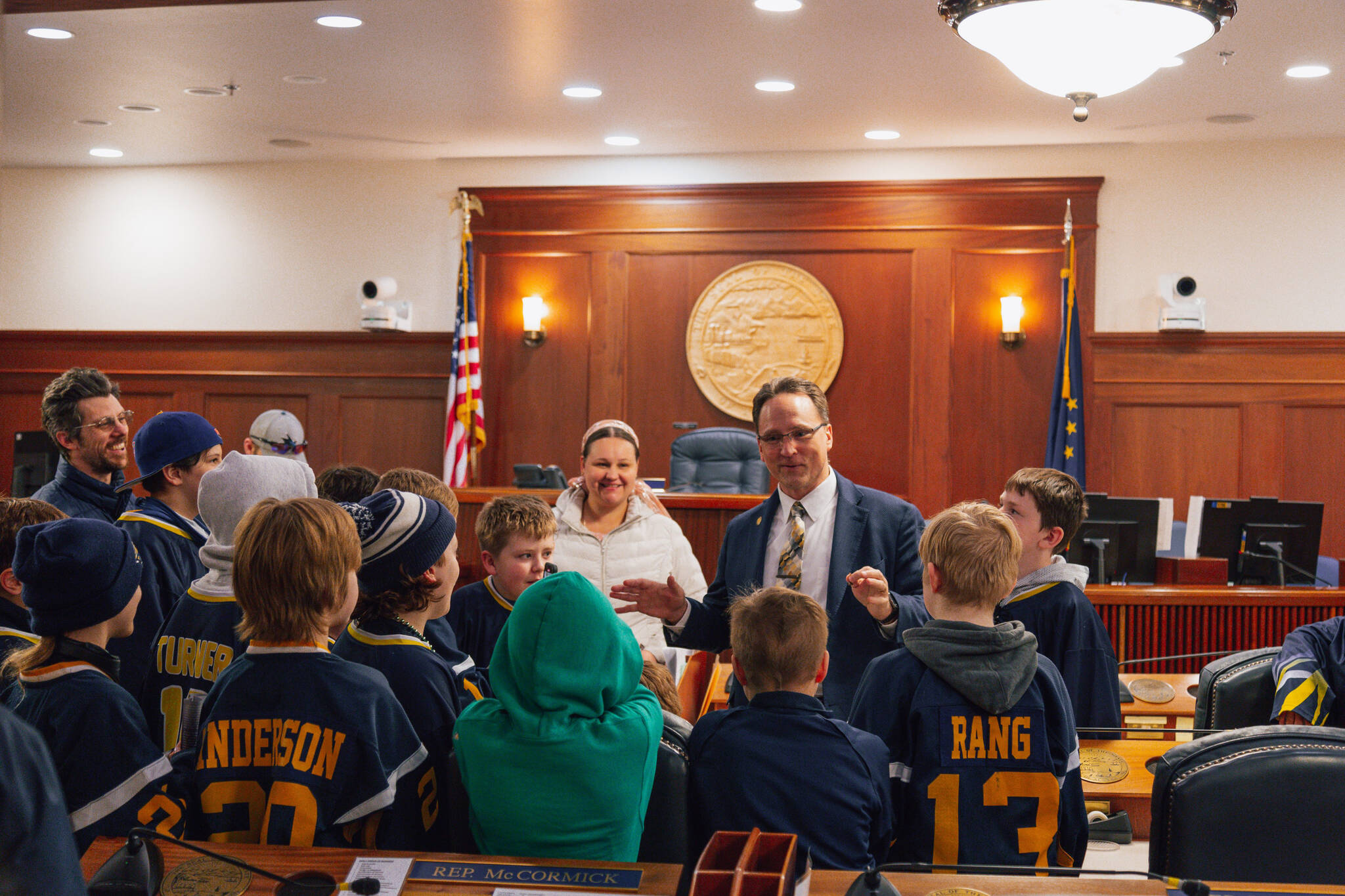There has been a lot of noise about spending more state dollars on the Base Student Allocation (BSA), which is a portion of the state funds that go to school districts. BSA funding has no requirement that funds be spent on instruction. There are no accountability requirements that go with BSA funding. The BSA goes to the school districts, not the students, and not the teachers or classrooms in any appreciable amount.
In a January 2024 joint report from Rutgers and the University of Miami, Alaska was listed second in the nation for adequacy in K-12 funding in 2021, out of 50 states and the District of Columbia. Not only was Alaska listed as one of the top most-funded systems, Alaska was also highlighted as having one of the most equitable distributions of education funding to low-income students, with nearly $450 million dollars toward “education” since 2002 by the Legislature.
There is an assertion of a huge “outmigration” of students to other states, but it’s not true. Families aren’t leaving the state in droves. Instead, data shows that parents are making choices to homeschool or charter school their kids. Parents are also moving to districts where they believe their children will receive a better education. Competition is critical to improving outcomes in business. It’s no different in education. Some districts’ financial concerns arise from problems of their own making. They are not adequately competing for students.
Spending in K-12 in Alaska should be carefully refocused on areas we know will improve student outcomes — like continuing to improve early childhood literacy, reinforcing our best-in-the-country charter school programs, and increasing opportunities for parents to utilize correspondence or state-assisted home school programs.
The House omnibus education bill that will likely pass the House soon, SB 140, improves funding for schools, but importantly improves opportunities for correspondence programs and more charter schools, similar to the plan I put forth in HB 165 last year.
SB 140 also addresses recruiting and retaining high quality educators, by providing teacher bonuses. Additionally, my bill, HB 302 adds funding to teacher’s portable retirement accounts. Education should not be about funding a system. My bills and my votes will be for the students.
In advocating for a conservative approach to education funding, it’s paramount to recognize that simply throwing money at the problem won’t solve it. Increasing funds for the Base Student Allocation (BSA) may provide a temporary Band-Aid, but it won’t address the underlying issues that impede educational success. The focus should instead be on strategic interventions and systemic reforms that empower schools, engage parents, and create a supportive learning environment for all students.
Parents play an indispensable role in their children’s education, serving as their first teachers and lifelong advocates. When parents are actively involved in their children’s schooling, academic outcomes improve, behavior issues decrease, and overall school performance is enhanced.
A conservative stance on education demands accountability, choice, and innovation. By aligning our policies with these principles, we can ensure that taxpayer dollars are used effectively to improve educational outcomes and empower students to thrive in the 21st century. It’s time to prioritize the needs of students over bureaucratic agendas and enact meaningful reforms that will make a lasting impact.
Ben Carpenter, Representative for House District 8. Contact Rep.Ben.Carpenter@akleg.gov, 907-465-3779.

